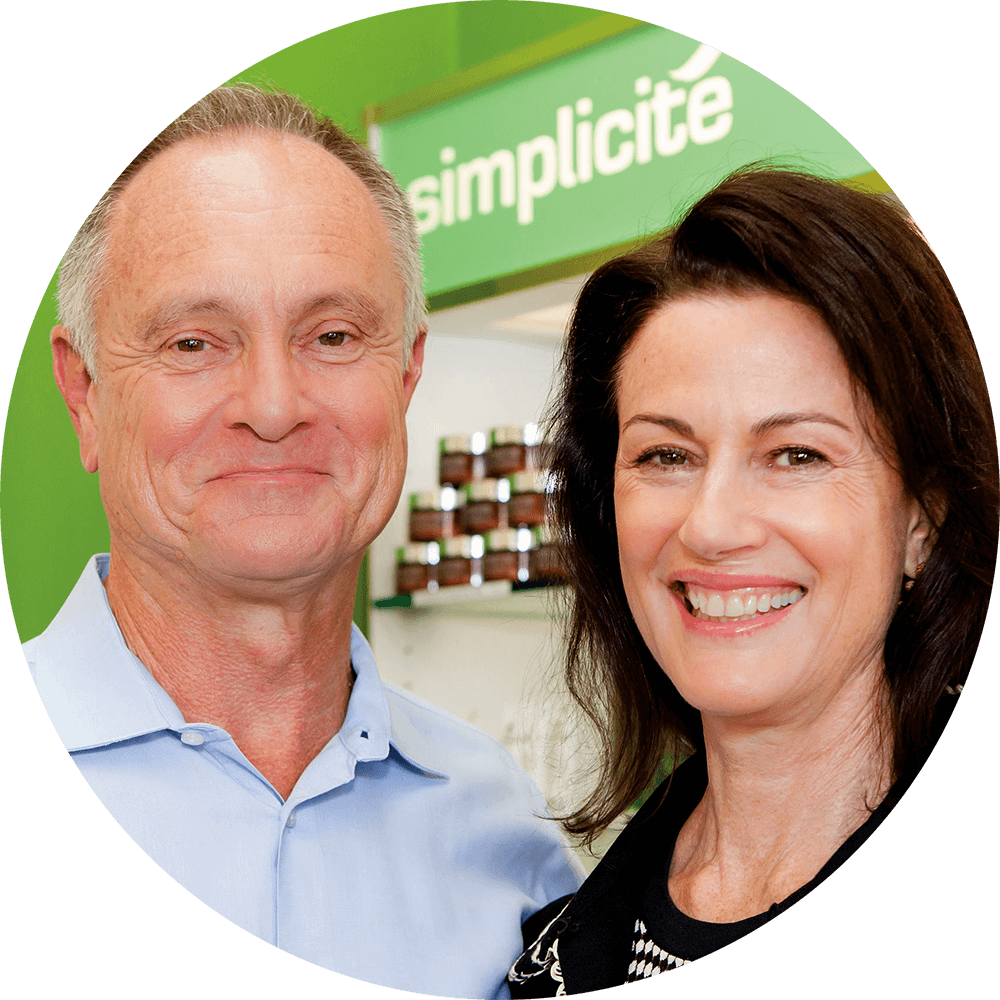Simplicité’s Great Outdoors Sunscreen is nutrient-enhanced with a delightful mix of (among other extracts) calendula flowers, Australian bush flowers, chamomile and lemongrass.
Published science states that an SPF15 sunscreen is more effective on human skin than an SPF30 (or by extrapolation an SPF50). The reason is the way the emulsion is formed in the skin, versus the laboratory test which using a glass plate to determine transmission.
It is vitally important to LIBERALLY apply sunscreens.That’s the basis for their efficacy.
How SPF15 performs better than 'higher' SPFs
SPF15 performs better than an SPF30 in a ‘real life’ situation. In a study published by the American Association for Cancer Research, real life measurements were taken from a group of subjects one hour after sunscreens of varying SPFs were applied to their skin.
After one hour the study showed that the SPF15 lotion continued to absorb the UV wavelength being measured. The surprise was that the SPF15 was slightly more effective at absorbing UV than were the SPF30 and 45.
The study was published under Cancer Epidemiology, Biomarkers and Prevention (Tom Elliott, Eric J. Nehl and Karen Glanz DOI: 10.1158/1055-9965.EPI-08-0492 May 2009)
Avocado and Sesame extracts enhance skin's deep moisture levels. As well, they aid in the sunscreening factor, so lowering levels of chemical agents needed in the formula.
Researchers at the Northwestern University Feinberg School of Medicine in Chicago published a 2014 survey about sunscreens in the JAMA Dermatology. One of the researchers, Dr Roopal Kunka, a dermatologist, is quoted as saying 'an SPF of 15 is not half as effective as an SPF 30. According to Kundu, SPF 15 filters about 93% of UV-B rays; SPF 30 filters about 97% of UV-B rays; and SPF 50 filters about 98% of UV-B rays.’
On their website under FAQs, the American Academy of Dermatology answers the question 'is a high-number SPF better than a low-number one' by stating that 'it is also important to remember that high-number SPFs last the same amount of time as low-number SPFs. A high-number SPF does not allow you to spend additional time outdoors without reapplication.'
2000 Australians die each year from skin cancer. There are about 2500 treatments each working day in Australia for skin cancer. The human and economic costs are very high indeed so we very much encourage the correct use of sunscreens.
FDA advice on sunscreen
The FDA advises to use broad spectrum sunscreens with SPF values of at least 15.
But also advises that sunscreens are only one element of a skincancer prevention strategy that should also include other sun protective behaviors such as wearing protective clothing that adequately covers the arms, torso, and legs; wearing sunglasses and a hat that provides adequate shade to the whole head; and seeking shade whenever possible during periods of peak sunlight.
Other medical authorities, such as the Centers for Disease Control and Prevention, the American Academy of Dermatology, and other major physicians’ associations endorse similar recommendations.

